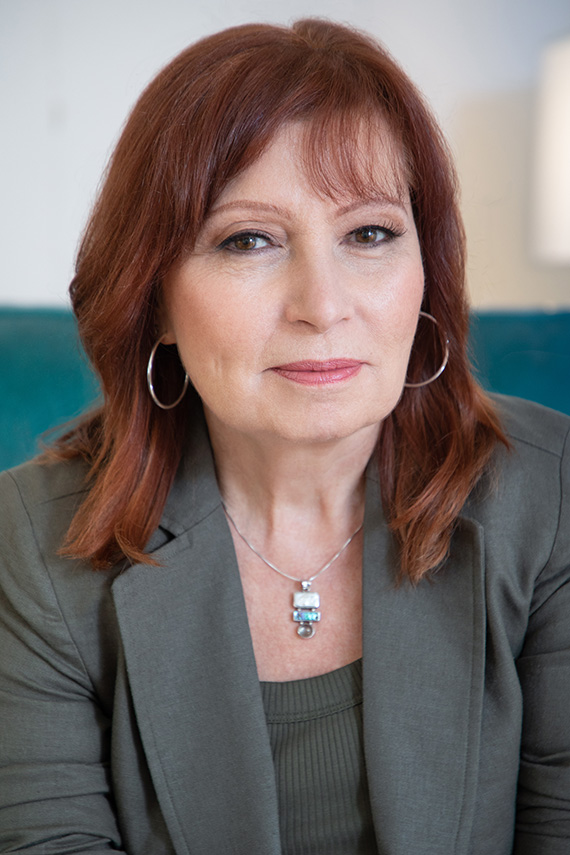

Meet Dr. Lisa Juliano
“The mind is its own place, and in itself can make a heaven of hell or a hell of heaven." - John Milton
I have always believed that therapy is a collaborative art form. People seek therapy for a myriad of reasons; all of them as unique and individual as they are. Many come to therapy, understandably, with a desire to “fix” a particular problem. Issues like disordered eating, compulsive behaviors, and substance abuse can be addressed directly with specific interventions. But these problems are often the result of underlying issues which, without proper treatment, may never see the light of day. If not addressed, they remain in the shadows of one’s psyche—hidden, but still powerful and potentially harmful. I include in my focus what lies beyond the symptoms themselves By inviting my patients to embark on a journey of self-discovery and exploration, that includes the symptoms, we begin to tackle the root cause of seemingly isolated issues.
“I want to be happy….”
It has been my observation that many people hope for a pain-free existence which they can sometimes mistake for happiness. This is the reason that they are faced with constant disappointment, through which depression and anxiety can develop. The idea, in simple terms: have your all of your emotions, but don’t let your emotions “have” you.
“That’s not me”
Some in my field, including myself, that believe we contain many parts or “self-states,” that are fluid and constantly shift through our existence. We take great pride in some parts of ourselves and identify with them, but there are those parts that create shame. Our minds are very clever in some respects and have the ability to ferry those parts of our personalities out of our awareness. However, those parts are still present in the background and they can emerge during our interpersonal interactions, especially in relationships that may hold great importance to us. This is the “self-discovery” to which I alluded earlier. Learning about every aspect of your personality can inform and enrich one’s life immeasurably.
Working Together
Finally, a word about “collaboration.” Real and lasting change emerges through the relationship between patient and therapist. The therapeutic relationship, as I see it, has a kind of special intimacy and trust that can be reparative and illuminating. We work together in a safe space, to explore experiences in deep, resonating ways.
Dr. Juliano holds an MA in general psychology from New York University and a PsyD in clinical psychology from Yeshiva University. She completed her psychoanalytic training and graduated from the William Alanson White Institute in 2013.
© 2013 - PsychoTherapyNewYorkCity.net - Sitemap